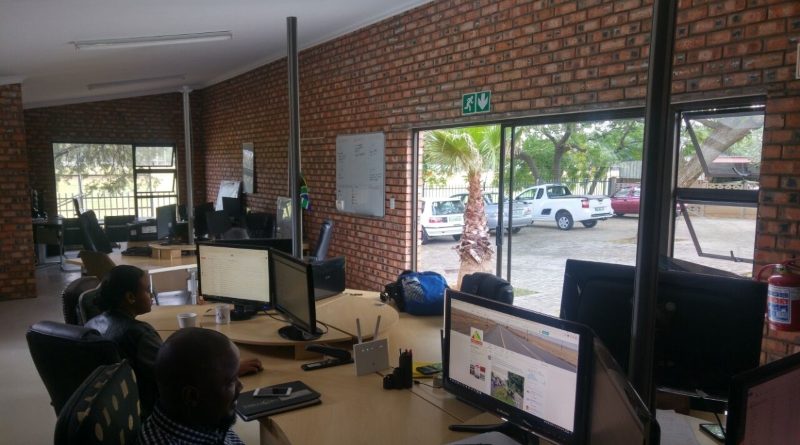Ready your business for unforeseen circumstances
If you’re a business owner, you’re already faced with incomparable pressure and responsibility. With people relying on you for leadership and support, your missteps are no longer just your own. If you add the element of the unpredictable, your stress levels can become just as difficult to manage. While some situations will always take you by surprise and require some skill in crisis management, there are measures you can implement to try and minimise the disruption caused by these unforeseen circumstances.
Power cuts
Most contemporary businesses function predominantly on electronic technology. This includes everything from computers and cash registers to lights and automatic doors. If these systems malfunction for even a brief period, a whole business day can be disrupted. A malfunction in your power supply leaves you without any of these devices, which is sure to cause a major delay in production.
Avoid these disastrous outcomes by planning for power cuts. This may involve having manual backups for these services that can be used without power. For example, having a cash transaction ledger to take down any sales during the outage. A more permanent solution would be to acquire a backup power generator. Most generators can supply power to a few electronic devices at a time. You can even choose between automatic and manual generators. The former (and more expensive) will automatically switch on when the grid power supply fails. The latter and more affordable option requires manual startup when needed.
Either way, the power generator can ensure some elements of your business remain functional in the event of a power outage. If your business functions primarily on electronics, the generator can be seen as an asset but it will require a substantial financial investment. In this case, equipment finance options are available to lessen the financial strain of acquiring a generator.
Water shortage
Like it or not, most businesses use a lot of water in their daily operations. Even though water usage may not be crucial for your business to run smoothly, a lack of water may be enough of a disturbance to merit planning for these times. Even something as simple as employees not having access to drinking water or toilets becoming nonfunctional can seriously impact daily productivity. If you fear these interruptions will negatively impact your business, you should look into options for backup water storage. We’re all aware of the severe water shortage South Africa is facing at the moment. So it’s crucial that businesses take precautionary measures to help alleviate the pressure on our water supplies.
We can start to manage this problem by implementing water saving measures in phases. The first phase consists of stocking up on purchased water for employees to drink and cook with when tap water is unavailable. Keep a few containers filled with drinking water in the storage area at room temperature, for those days when your staff may need to fill up their water bottles at the office. The second phase consists of acquiring personal water reservoirs to collect rain water. This water might not be suitable for consumption but can come in handy for things like doing the dishes or flushing toilets.
Natural disaster/theft
The most disruptive and least foreseeable things that can happen to your business is falling victim to natural disaster or theft. Not to mention the negative impact on production these incidents will cause. They’re likely to also result in significant damage to or loss of assets. For most businesses, equipment is expensive and can’t necessarily be replaced on a whim.
For this reason, taking out insurance for your business is an absolute must. Depending on your business type, you might need different forms of insurance that suit your specific needs. But for most businesses, property insurance is crucial. This covers you in case of fires, storms and theft. Included in the blanket term ‘property’ are things such as furniture, signage, equipment and inventory. Additionally, vehicle insurance is always advisable for businesses who make use of vehicles for their operations. These include, for instance, company cars and delivery vehicles. Finally, it might also be a good idea to apply for some sort of business interruption insurance. This will cover your business for loss of income due to the inability to work. When disaster strikes, the last thing you want to worry about is the added loss of income from not being operational.
 Additionally, vehicle insurance is always advisable for businesses who make use of vehicles for their operations. These include, for instance, company cars and delivery vehicles. Finally, it might also be a good idea to apply for some sort of business interruption insurance. This will cover your business for loss of income due to the inability to work. When disaster strikes, the last thing you want to worry about is the added loss of income from not being operational.
Additionally, vehicle insurance is always advisable for businesses who make use of vehicles for their operations. These include, for instance, company cars and delivery vehicles. Finally, it might also be a good idea to apply for some sort of business interruption insurance. This will cover your business for loss of income due to the inability to work. When disaster strikes, the last thing you want to worry about is the added loss of income from not being operational.




